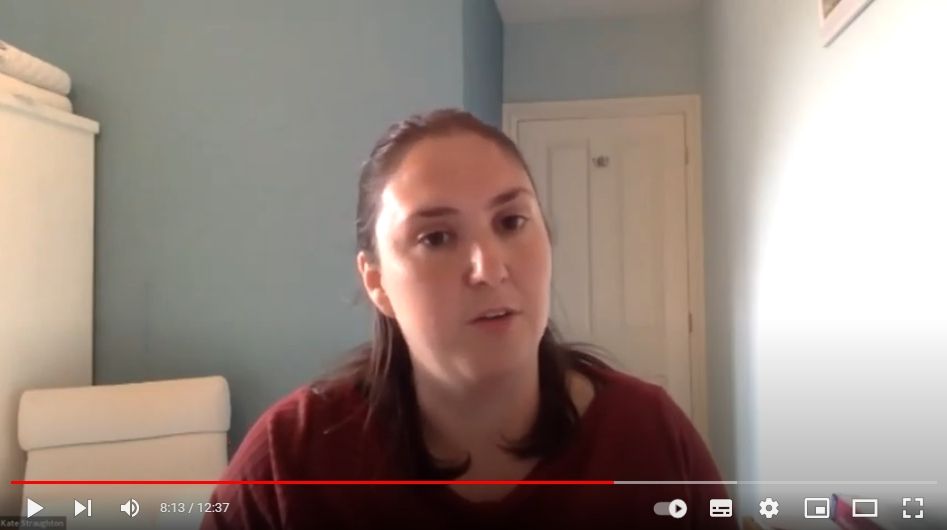Kate Straughton On Working With ACEs & Training Student Physician Associates
https://youtu.be/YEXfkul3L_w Kate Straughton is one of the senior lecturers with the Physician Associate Programme at the University of Birmingham and is also currently the President of the Faculty of Physician Associates (FPA).…
